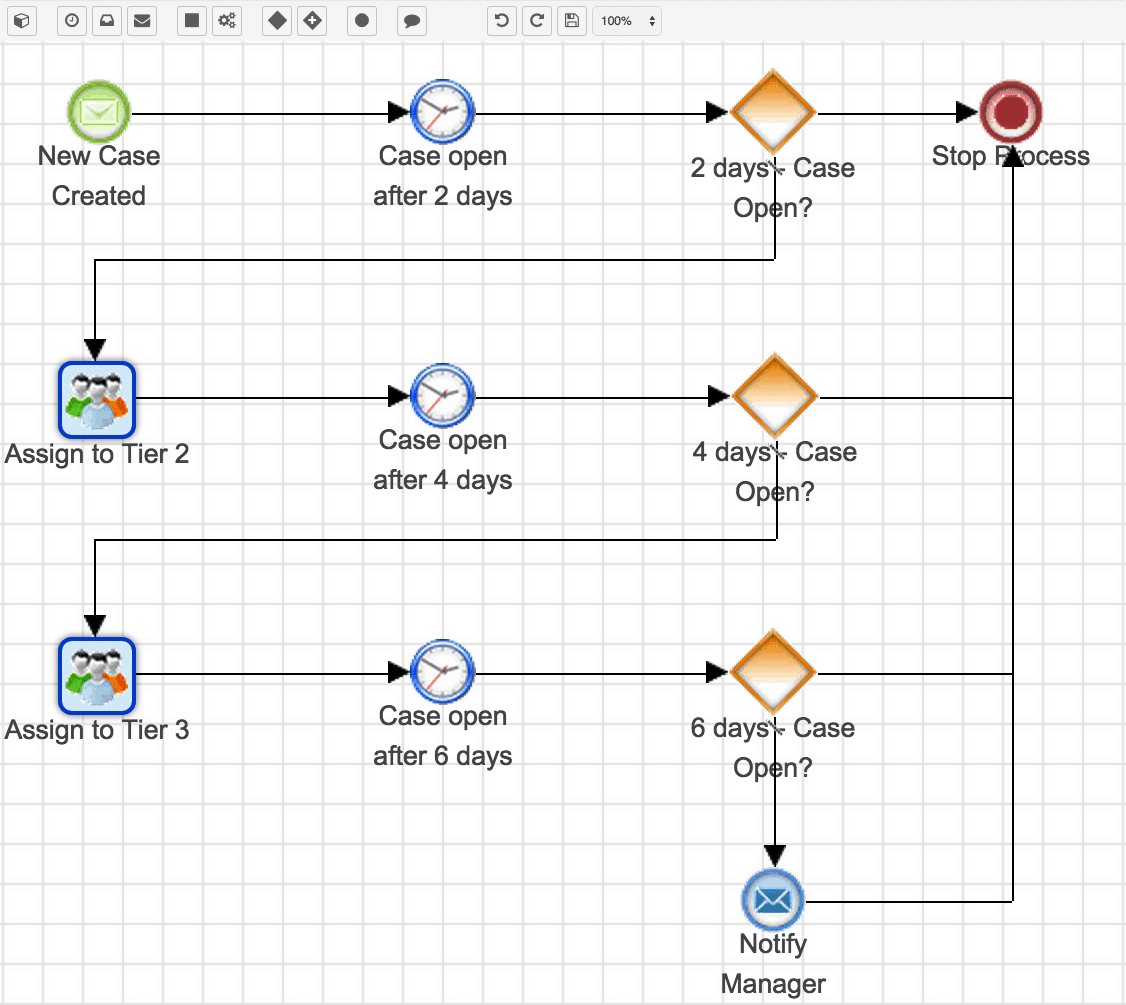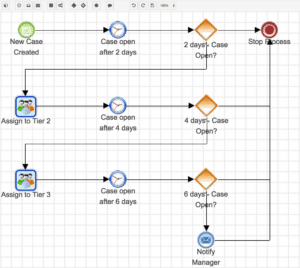4 Areas Your CRM Platform Needs to Excel In
Outdated and cumbersome, legacy CRM systems typically provide you with simple storage of customer data, and a few relevant fields and tasks for sales to follow up on. Most of the time, those fields are confusing, overwhelming and unstructured. Simply put, legacy CRM systems are not up to today’s business standards, and they don’t fit the needs of most people in the modern workforce.
Fortunately, CRM has come a long way since its beginnings. Modern CRM delivers consumer-grade interfaces, best-in-class user experiences, and specific features tailored to different departments.
Jim Glickman, CMO Hilco Valuation Services, says about their CRM system (Hilco implemented Sugar in 2012):
“I don’t even think of it as CRM,” […] “We look at this more as kind of a comprehensive business platform.”
Modern CRM will do more than just help you organize your customer data. Your technology will become an integral, proactive piece of your customer engagement strategy, as Brent Leary – Co-Founder and Partner of CRM Essentials – knows.
Like many businesses, he agrees, “[it’s] still good to have a central location for customer data, but now [CRM is] more about having a system that automates data collection, automates analysis, and automates finding insights.”
A modern CRM platform will deliver automation, workflow management, customer support, and essentially provide an end-to-end business platform for all aspects of managing the customer journey. CRM systems need to be extensible, and support a variety of different tools and technologies as part of your broader customer engagement ecosystem.
Because the variety of systems and extensions can be overwhelming when shopping for a CRM solution, consider your needs relative to these four critical CRM areas:
- Intuitive User Experience
The biggest challenge with many CRM deployments is user adoption. If it’s not easy to use, if it doesn’t help employees do their jobs better, and if it makes tasks more complex instead of easier to complete, then people won’t use it.
Modern CRM fixes that by providing users with a streamlined, consumer-grade interface.
“It’s important to simplify the focus, to put just the information in front of the user that they need to make the most effective decision or to make the next best action,” says Rebecca Wettemann of Nucleus Research.
In order for users to streamline their processes, and optimize customer interactions, a CRM solution needs to offer different ways for interacting with the system. Creating different user types and roles, for example, should be a simple, built-in functionality – allowing users to see only the information that’s relevant to them for the activity they’re engaged in. Additionally, insights should be delivered visually wherever possible to help users understand and visually connect information and act decisively. An intuitive interface also extends across multiple devices – desktops and mobile devices, so that field agents and mobile workers get the same experience regardless of device or location.
Think of users first, as they are the ones in the trenches, and ultimately connecting with your customers or prospects.
“The user interface has become mission-critical, even though you might not think of it as an ordinary part of CRM selection,” says Paul Greenberg, Managing Principal of The 56 Group and author of CRM at the Speed of Light.
To take it one step further, as technology advances rapidly with artificial intelligence (AI) capabilities built in and added on, an excellent CRM user experience should also enhance data further:
“You want a system that is so intuitive that end users don’t require training to use it,” says Wettemann. “We’re certainly seeing a move in that direction.”
- Workflow Automation
A modern CRM platform must excel at workflow management, automating processes wherever possible. Businesses can use advanced automation to enforce best practices, improve productivity, and reduce costs. Intelligent workflow can deliver excellent value across the organization in areas such as:
-
- Intelligent call routing: Sales and service run more effectively when the CRM system leverages a business rules engine and advanced workflow to enable seamless handoffs and smart escalations—for example, routing calls to in-house product experts outside the support center.
-
- Predictable cash flow: Managers can model sales revenue and build forecasting dashboards that enable executives to track progress against projections. The system can also create payment tracking mechanisms as part of customer lifecycle management and send alerts regarding payments at risk.
- SLA compliance: A process-oriented CRM can help guide the entire service resolution lifecycle and apply automated SLA management. For example, high-priority customer issues can be intelligently routed, and the system can send alerts whenever threshold values for action are exceeded.
- Process Alignment
Businesses that use CRM as a platform can align their business processes across the entire organization, including:
-
- Contract management: Speed up time-to-close with modules that access customer data for contract creation. The system can manage contracts through both the sales cycle and the customer lifecycle.
-
- Order management: Automate workflow in the post-sale process and ensure customers get what they’ve purchased. In this way, the CRM promotes reliable transitions among sales, fulfillment, billing, and payment.
-
- Service delivery: A CRM-enabled customer support hub can automate the process around post-sale delivery, installation, and other services.
-
- Claims processing: Manage the tracking of customer claims, returns, and refunds, integrated with financial systems.
- Purchase request management: Enable intelligent purchase order creation, ensure timely alerts, and enforce parameters around purchasing activities.
- Platform
Today’s CRM solutions are typically cloud-based, but some vendors offer hybrid hosting options and freedom of choice on cloud storage. Code bases vary by vendor. Some solutions are built with proprietary code, while others use open standards.
Code choices can dramatically affect flexibility and total cost of ownership. If the full source code is available and common languages are used consistently throughout, you can customize without specialized coding expertise.
With no barriers to development, business can leverage the power of the CRM in all situations. Not only can you optimize your standard interfaces affordably, you can create “disposable apps” that can be fired up for one-off events such as trade shows or new product launches.
As you are evaluating your current CRM system, or are shopping around for a better, modern CRM platform, keep these four areas in mind. Because how well your CRM system delivers on these will ultimately affect the value you’ll be getting out of it and the ROI you will be able to reap from your CRM system, as we covered in a previous post.


